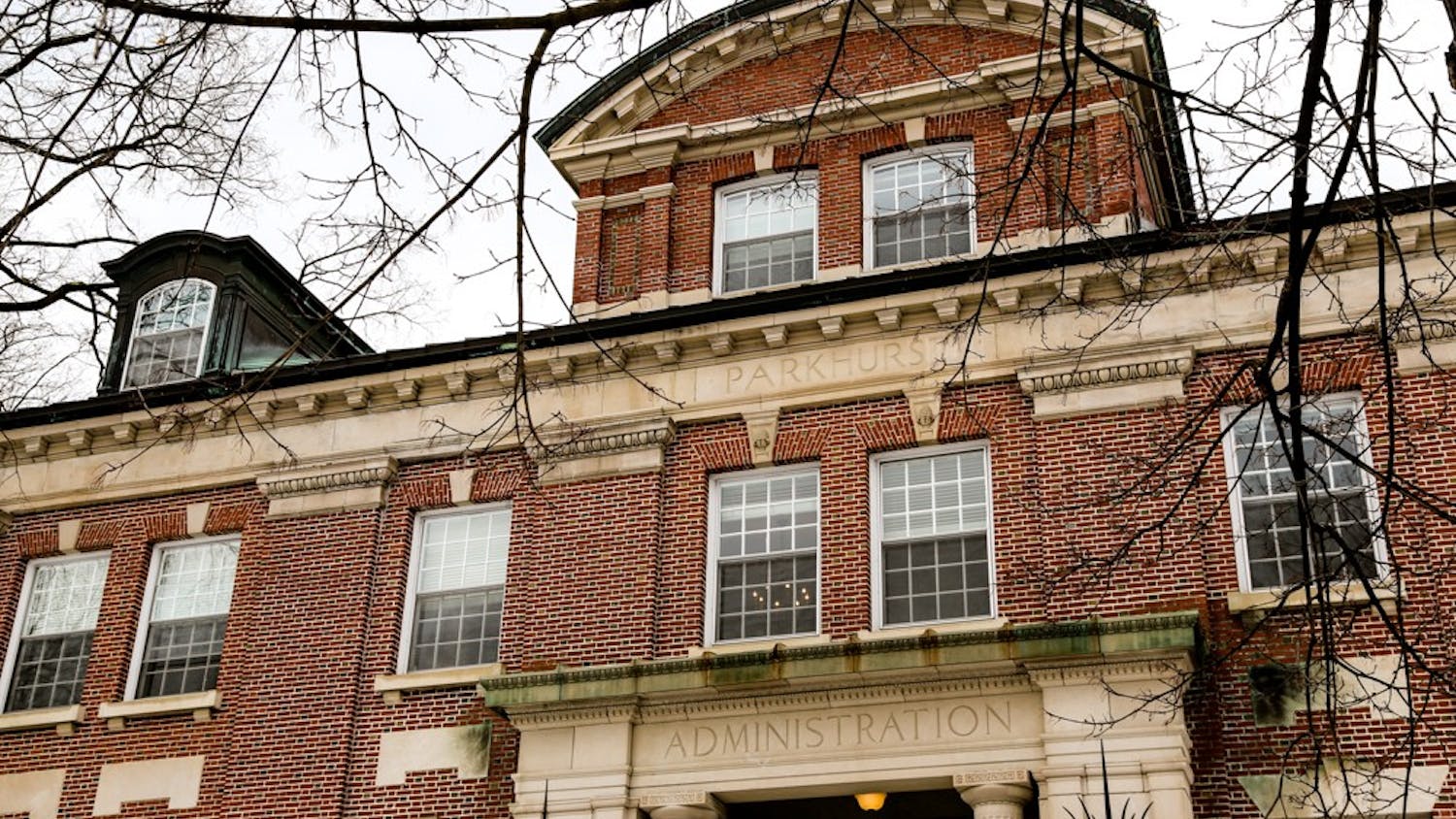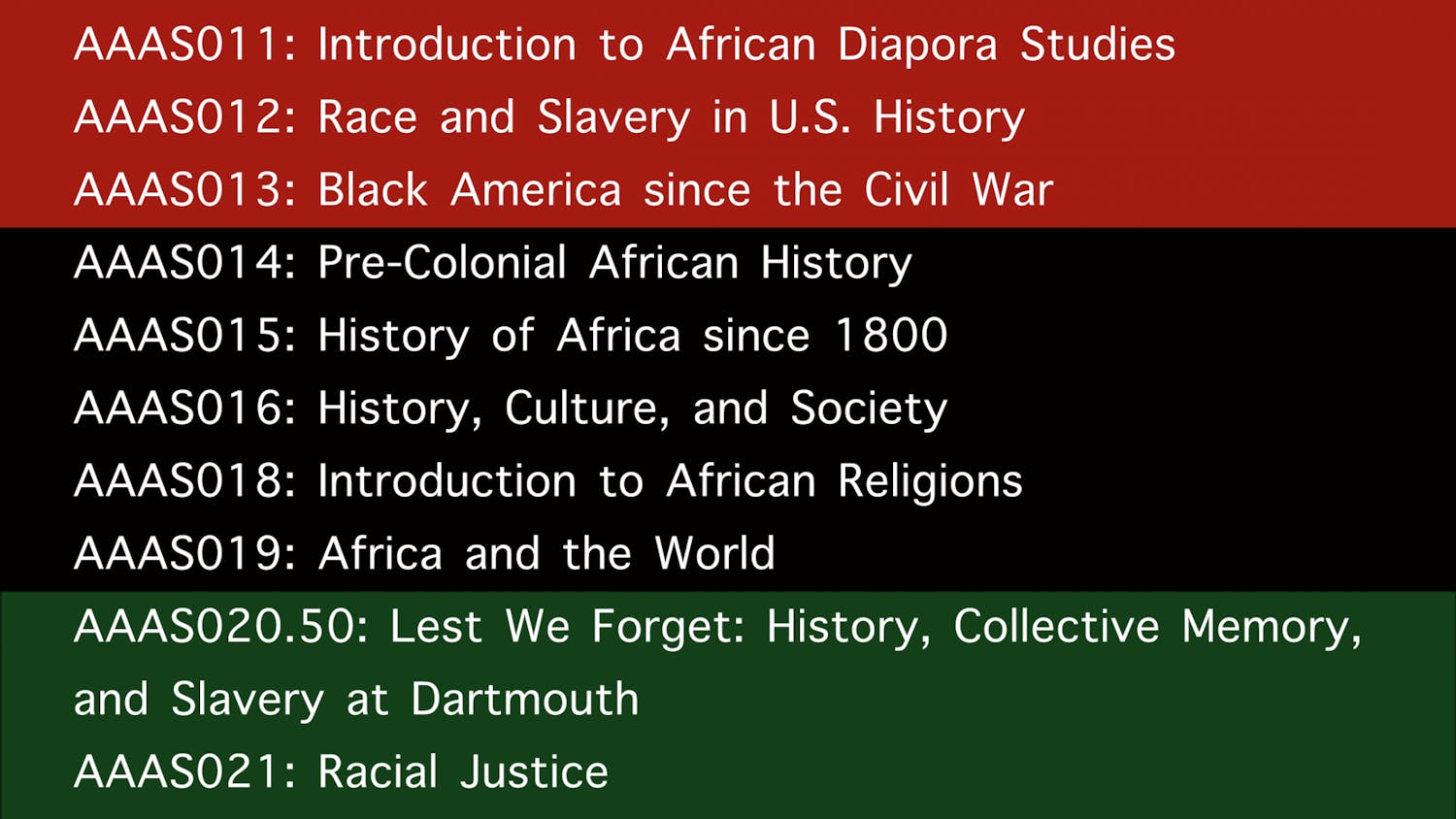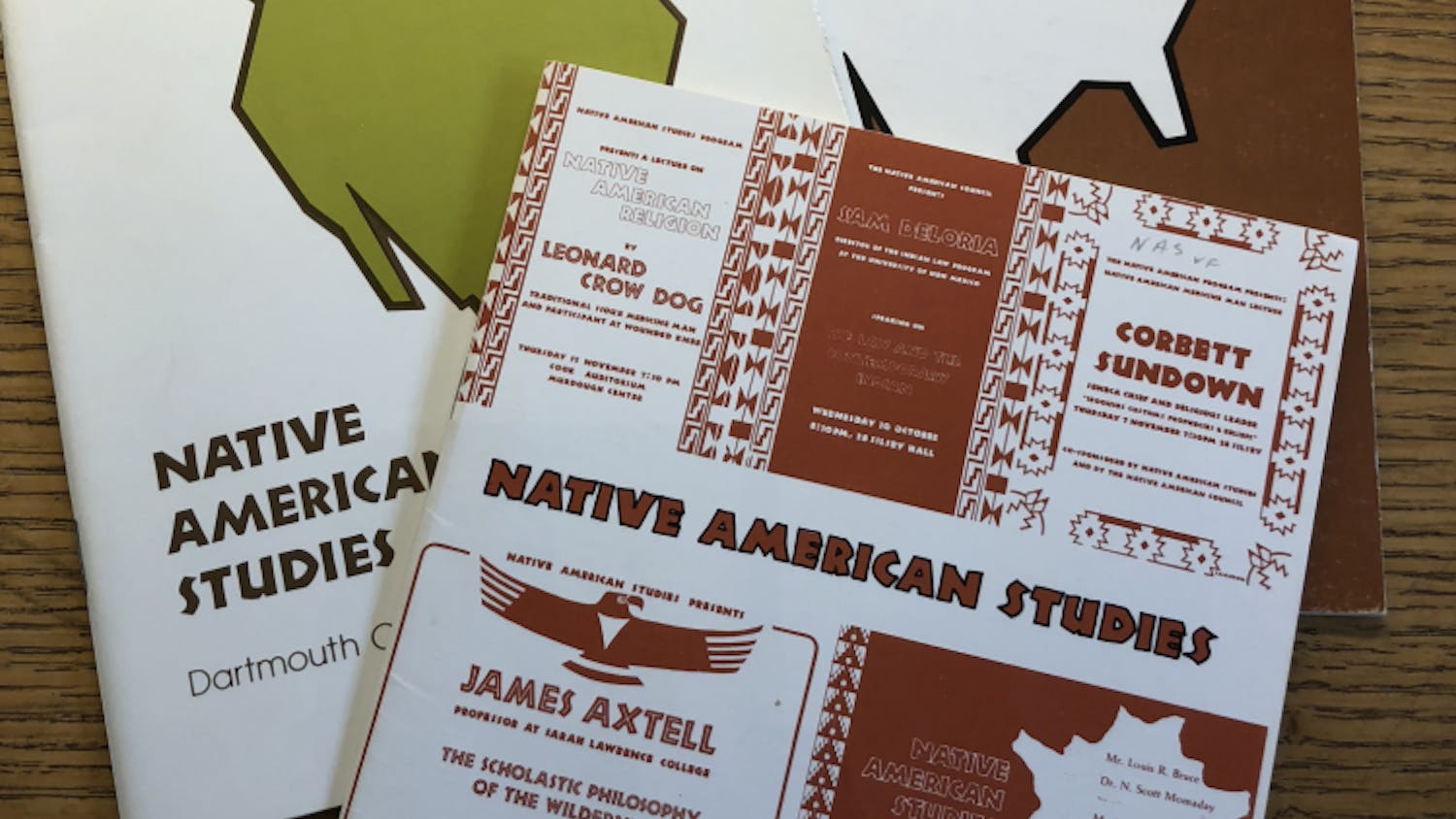On March 10, following a unanimous vote at a recent meeting of the Faculty of Arts and Sciences, the College announced that three academic programs — environmental studies, linguistics and Native American studies — will become departments. In addition, Dean of the Faculty Elizabeth Smith announced that the education department will be disbanded and faculty will be reappointed to other departments.
Associate Dean of Faculty for the social sciences John Carey said that the demotion of the education department reflects a trend of academic institutions “either tend[ing] to go really big or … fold[ing] their education departments.” He added that the College was “at a position where three faculty members are really not critical mass,” noting that the education department does not have a major and “really wasn't like any other departments.”
In an email sent to education minors, education professors David Kraemer, Donna Coch and Michele Tine wrote that changes resulting from the College’s decision will be implemented at an administrative level and that the department has “worked hard to minimize the impact on students.” For instance, according to Carey, the faculty will still meet on a regular basis to coordinate classes for students interested in the education minor.
When May Fahrenthold ’22 received the email about the education department’s disbandment, she felt it sent a message that the College “doesn’t value education.”
The news “rubbed … [her] the wrong way,” she said, because in her opinion, education should be “studied within its own right, and treated like a worthwhile subject and an important subject in an up and coming field.”
Fahrenthold, who is pursuing an education minor, said that she worried decentralizing the education department would also discourage people from minoring in education because education classes would be scattered across multiple departments.
“If the College is making any sort of decision that endangers people's ability to minor [in education], not because they're taking the minor away, but because they are putting barriers between students and the minor, I think that's a really bad idea,” she said.
The process for the environmental studies, linguistics and Native American studies programs’ promotion to department status involved several steps.
According to Lipson, this academic year, the Committee on Organization and Policy created a template for the three programs being turned into departments that outlined the requirements and streamlined their proposals.
After reviewing these proposals, Lipson said, the COP sent them to the Committee of Chairs, who voted to support the department transition. At a meeting in early February, arts and sciences faculty also voted in support of the proposals.
In an emailed statement, Smith wrote that the College’s Academic Planning Council plans to discuss these decisions in May, with a vote by the Board of Trustees scheduled for June. The Board of Trustees will have the final say, according to Lipson.
Chair of environmental studies Doug Bolger said that the program first looked into becoming a department 20 years ago when it began offering a major.
According to Bolger, as other programs were also looking to become recognized as departments, environmental studies sent a proposal to the College requesting to be considered for a status change two years ago.
Bolger said that Dartmouth’s environmental studies field is a “well established area of scholarship.”
“It’s a source of pride and gratitude within our program that our program in [the environmental] field has developed to the extent that it's no longer viewed as an experimental kind of thing,” he said. “It's viewed as a core part of a liberal arts education.”
Linguistics professor Laura McPherson said that her program’s new status as a department reflects its successes in recent years.
“We were functioning as a department [in] that all of our faculty were in linguistics, [and]... there was really no difference between how we conducted our major in our classes and our governance versus something like the government [department],” she said.
McPherson added that the program model “works great for bringing together people with different specialties around a particular subject.”
As part of the College’s departmental changes, the Native American studies program will see its name changed to the Native American and Indigenous studies department. Native American studies program chair Bruce Duthu ’80 said that the name change is “designed to communicate to everyone that the concerns of our department are not just the indigenous peoples of the US, but the global indigenous population.”
“It's a reflection of how the field itself of Native studies has evolved,” Duthu said. “[It] has evolved to take on a much more globalized reach, so that many scholars, whether they're humanists, social scientists, and even scientists, are looking at the experiences of indigenous societies and cultures in other parts of the world.”
According to Duthu, the department is waiting on approval from the College to begin searching for a professor with expertise in global Indigenous studies.
Linguistics major Gabe Gilbert ’23 said he was glad to learn about the linguistics program becoming a department because the decision “does a lot to legitimize linguistics.”
“When you say linguistics, I think a lot of people don't know what to think,” he said. “A lot of people think that just means knowing a lot of languages, [and so] having linguistics seen as a discipline in its own right, as something that you can study directly as part of its own field of study, is really nice.”
Gilbert, who is Native Hawaiian, also expressed excitement about the new name for the Native American studies program. He said the decision will allow him to explore more of his heritage at Dartmouth, adding that “it's really nice to have a label that is more representative.”
“I'd love to see Dartmouth continue in this trend and make more departments from [our] ethnic studies programs,” he said. “But it's very promising, especially considering Dartmouth’s history and treatment of Native peoples, that NAS is becoming not only a more inclusive program, but a department in its own right.”
Daniel Modesto ’24 is the News executive editor. He is from Brooklyn, New York, and is a Native American and Indigenous Studies major modified with Latin American, Latino and Caribbean Studies.




